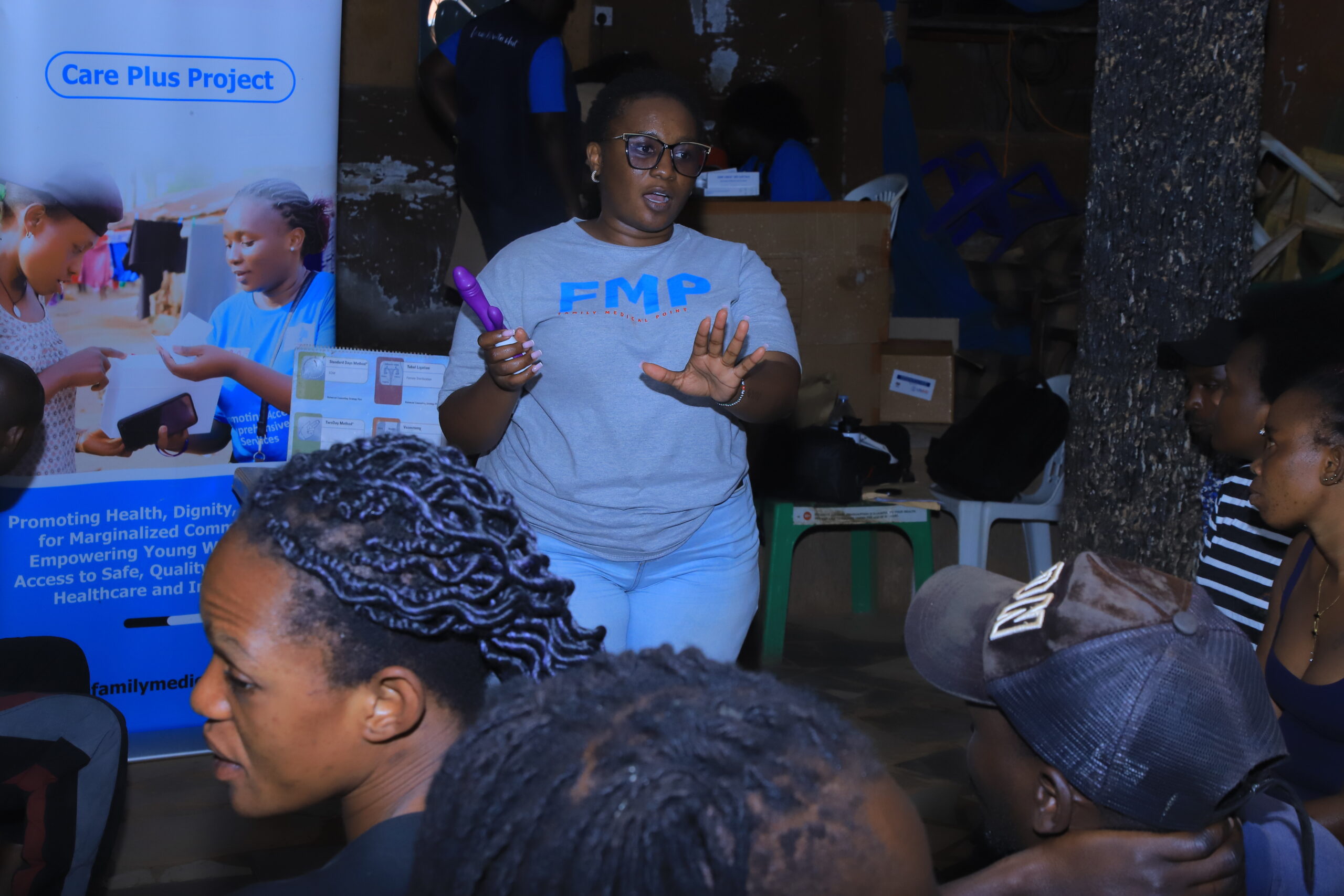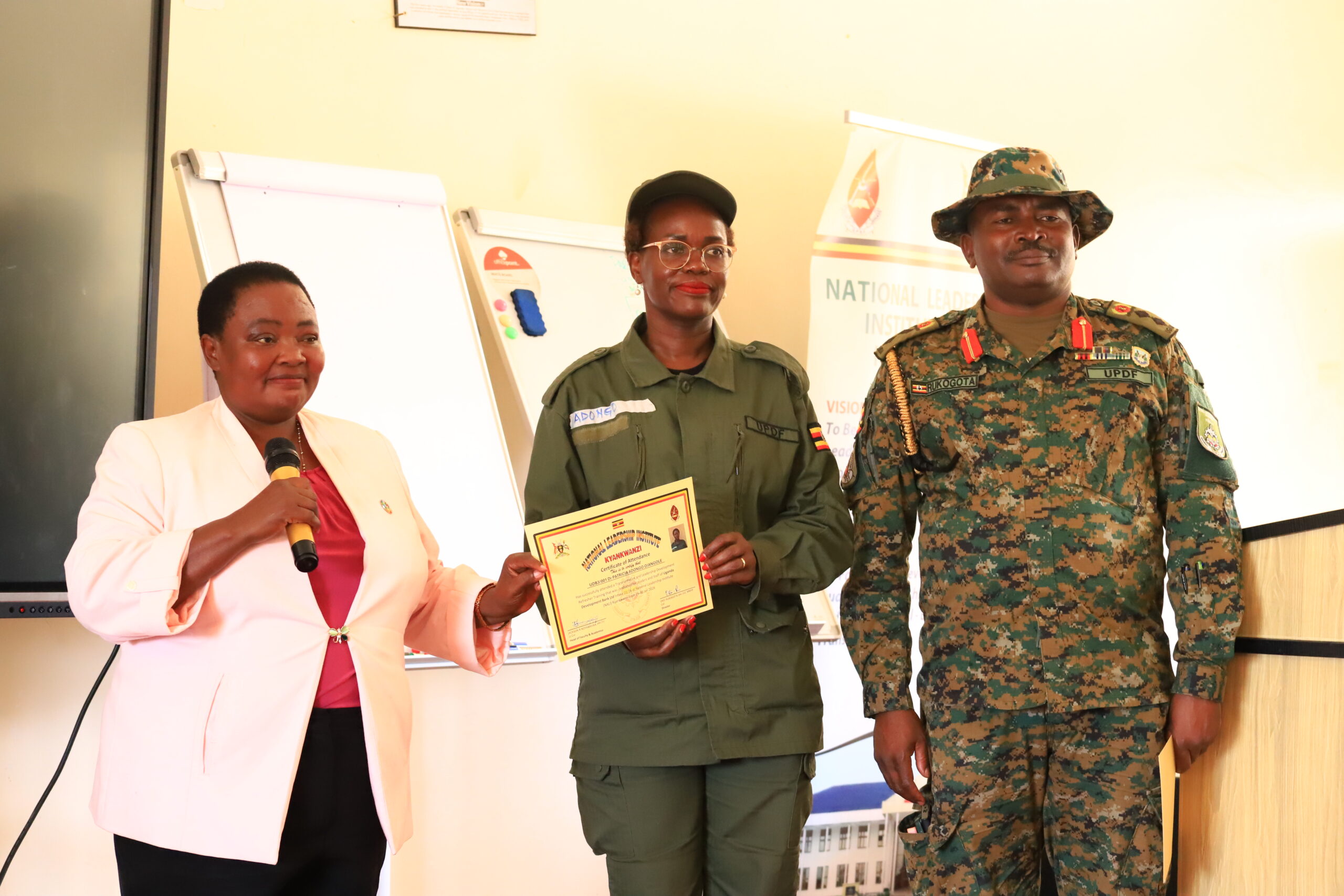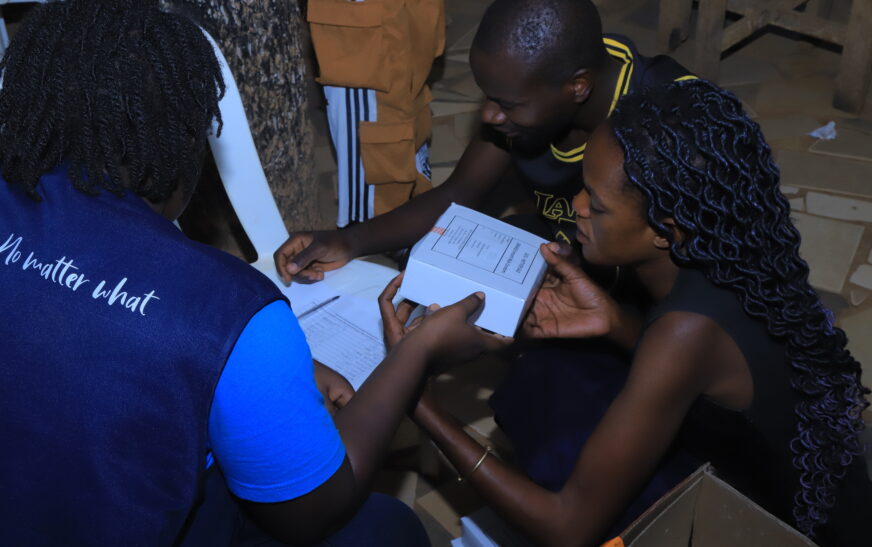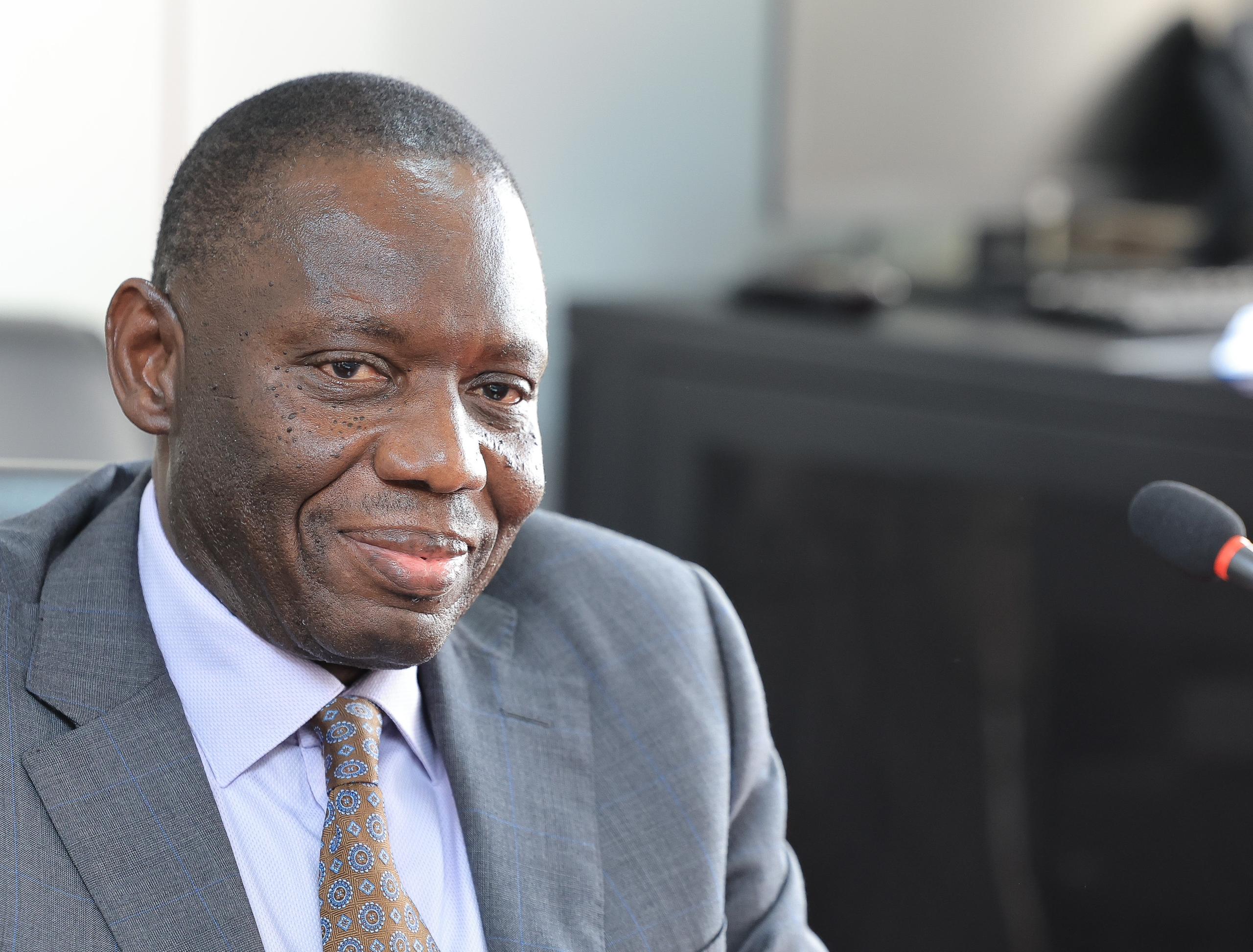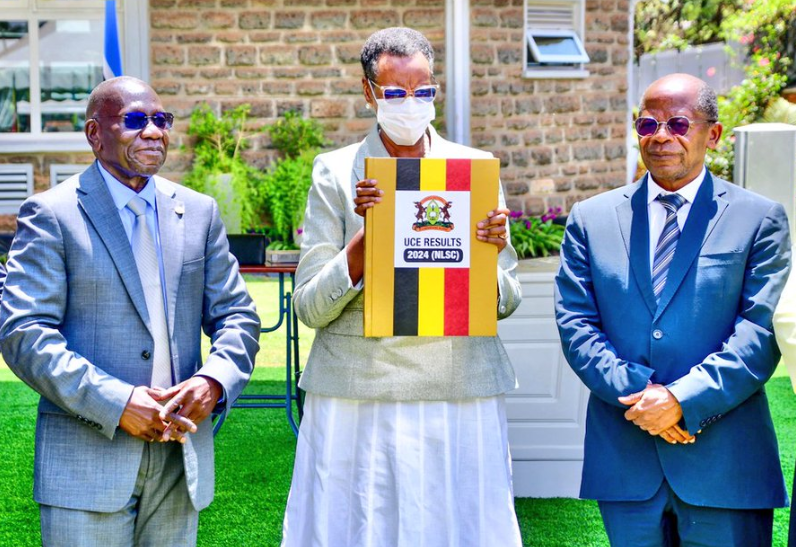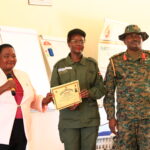At least 112 sex workers in Nakayiza Estates, a fishing community in Nakiwogo, have received critical sexual and reproductive health (SRHR) services through Family Medical Point’s (FMP) ongoing Musawo Sessions, the Daily Star has learned.
Uganda continues to grapple with a high HIV burden, particularly among vulnerable populations. The Uganda AIDS Commission reported 38,000 new HIV infections in 2024, with 22,000 cases among women mostly adolescents and young women aged 15 to 24. HIV prevalence among sex workers in fishing communities remains disproportionately high, at 37%, compared to the national average of 5.4%.
Compounded by stigma, limited access to health services, and growing condom shortages, over 1,500 sex workers at landing sites across Lake Victoria continue to face significant health risks.
FMP’s Musawo Session model offers a safe and supportive space for women and girls particularly sex workers—to share experiences, receive accurate health information, and access essential services. The Nakiwogo session focused on HIV prevention, mental health, family planning, and post-abortion care.
Despite distributing 9,000 condoms during the outreach, demand far outstripped supply.
“We are forced to buy even ‘Government of Uganda’ branded condoms that are meant to be free,” said Suzan, a sex worker who attended the session. “Those who have access sell them at very high prices. We thank FMP for rescuing us with this supply.”
The condom shortage is seen as a critical barrier to safe sex practices. Health workers report increases in HIV infections, unintended pregnancies, and unsafe abortions, partly due to the inaccessibility of affordable protection.
Nabwire Polyne, Head of Programmes at FMP, attributed the worsening shortage to the reinstatement of the U.S. Global Gag Rule in early 2025, a policy shift that led to cuts in donor funding for SRHR programs, particularly affecting NGOs working in high-risk and underserved communities.
“We encourage sex workers to prioritize their sexual health by consistently using both male and female condom. The lack of access shouldn’t force anyone into unsafe situations,”Nabwire said.
A total of 52 women tested for HIV, while 94 accessed other SRHR services, including contraception and counseling. FMP continues to promote Musawo Sessions as stigma-free outreach platforms that deliver care directly to those most in need.
As Uganda pushes toward achieving national HIV prevention targets, health advocates are urging increased government and donor investment in condom distribution and SRHR services in fishing and other high-prevalence communities.
“If we are serious about reducing new infections, we must meet people where they are. No woman should have to choose between protection and survival,” She said.

